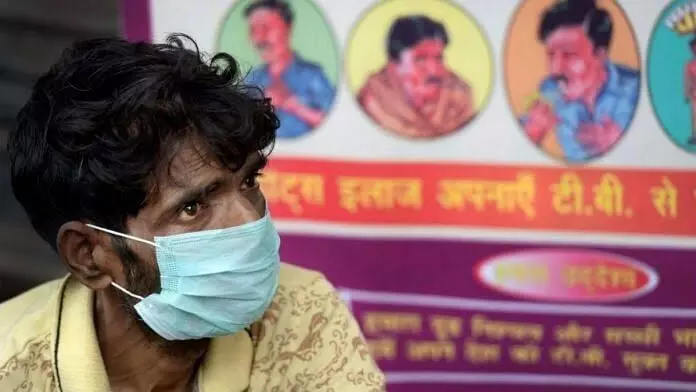TB patients in India face severe financial hardships: New Delhi study
This study underscored the need for immediate policy and public health interventions to mitigate these economic challenges
By Anoushka Caroline Williams
Hyderabad: A recent study revealed financial hardships faced by tuberculosis (TB) patients in India.
The collaborative study was conducted by the George Institute for Global Health in New Delhi, alongside Indira Gandhi Government Medical College (Nagpur) and the London School of Hygiene and Tropical Medicine. This study underscored the need for immediate policy and public health interventions to mitigate these economic challenges.
Survey findings
The survey followed 1,482 drug-susceptible TB patients across four Indian states: Assam, Maharashtra, Tamil Nadu, and West Bengal.
Researchers found that between 30 per cent and 61 per cent of these patients experienced catastrophic costs—defined as out-of-pocket expenses exceeding 20 per cent of their pre-TB annual household income—mainly due to delays in diagnosis and income loss from unemployment during the prolonged TB treatment.
Financial impact
Dr Susmita Chatterjee of the George Institute for Global Health India highlighted the extensive financial burdens: “A significant proportion of study participants faced catastrophic cost, and the proportion was much higher when income loss because of TB treatment was considered in total cost calculation method. Therefore, ensuring uninterrupted livelihood during TB treatment is an absolute necessity.”
The study indicated an average delay of 7-9 weeks from symptom onset to treatment initiation, which is twice the accepted delay period. This delay exacerbated the financial burden due to repeated consultations, tests and travel expenses before treatment commencement.
Policy recommendations
To address these financial challenges, the study recommends several urgent actions:
1. Private Sector Engagement and Rapid Diagnosis: Enhancing collaboration with private healthcare providers and improving rapid diagnostic methods to reduce delays.
2. Community Awareness Campaigns: Implementing educational initiatives to raise awareness about TB symptoms and the importance of early diagnosis.
3. Health Insurance Coverage: Expanding health insurance to cover pre-treatment expenses and ensure better financial protection for TB patients.
4. Income Protection Measures: Introducing policies to safeguard TB patients from income loss during treatment.
Implications for public health
The study’s findings align with the World Health Organization’s End TB strategy, which aims for zero catastrophic costs for TB-affected households.
India, with the highest TB burden globally and an incidence of 2.42 million cases in 2022, must prioritise reducing economic hardships to achieve these targets.
Dr Chatterjee emphasised the need for prompt action: “Our study showed significant delay from symptom onset to diagnosis, and our study participants spent more than half of total treatment cost even before starting the treatment. Reducing the pre-diagnosis delay should be the policy priority.”
“The economic burden of TB treatment in India calls for a comprehensive approach involving policy changes and community engagement. By addressing diagnostic delays, expanding health insurance coverage, and safeguarding patients’ incomes, India can alleviate the financial strain on TB patients and make strides towards the goals set by the End TB strategy,” Dr Chatterjee concluded.